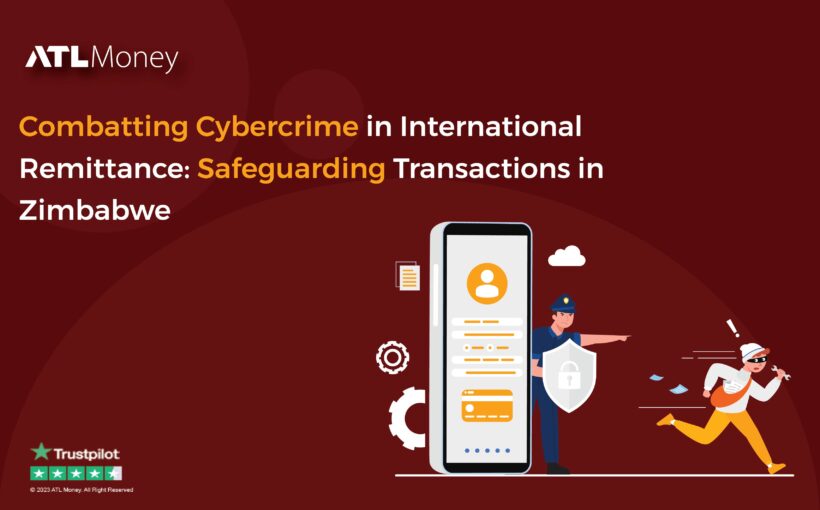Welcome back to our ongoing series on the challenges and solutions surrounding cybercrime in international remittances. This time, we will continue our exploration of the specific risks faced in Zimbabwe’s remittance sector and discuss practical strategies to protect your transactions from cyber threats.
If you missed our previous article, we recommend reading it to gain a comprehensive understanding of the types of cybercrime commonly encountered in international remittances.
Emerging Cyber Risks in the Zimbabwean Remittance Landscape
1.1 Targeted Phishing Attacks
In recent times, cybercriminals have become more sophisticated in their phishing attempts, particularly in the realm of international remittance. They craft deceptive emails, messages, and websites that appear legitimate, aiming to trick unsuspecting users into divulging sensitive information or making unauthorized transactions.
1.2 Mobile Malware and App-Related Threats
With the rising popularity of mobile remittance apps in Zimbabwe, cybercriminals have shifted their focus to target vulnerabilities in mobile devices. They may use malware or create fake remittance apps to compromise the security of transactions, leading to potential financial losses.
Strengthening Security in Zimbabwean Remittance Practices
2.1 Stay Updated on Security Measures
Remittance users in Zimbabwe should continually educate themselves on the latest security measures recommended by remittance service providers. This includes understanding two-factor authentication, secure data transmission protocols, and encryption techniques employed by trusted platforms.
2.2 Enhanced User Verification Processes
To mitigate the risk of unauthorized transactions, remittance providers in Zimbabwe can implement robust user verification processes. This may include multi-step authentication, biometric identification, and identity document validation to ensure the legitimacy of each transaction.
2.3 Continuous Monitoring and Fraud Detection
Remittance service providers should invest in advanced fraud detection systems that employ artificial intelligence and machine learning algorithms to detect suspicious activities and alert users promptly. Regular monitoring helps identify potential threats and prevent fraudulent transactions in real time.
ATLMoney: Your Secure Remittance Solution
At ATLMoney, we understand the gravity of cybercrime and are committed to providing a secure platform for international remittance in Zimbabwe. Here’s how we prioritize the safety of your transactions:
3.1 Robust Data Protection Measures
We employ the most advanced data encryption techniques and secure socket layer (SSL) protocols to safeguard the information transmitted during your remittance transactions.
3.2 Enhanced Fraud Prevention Systems
ATLMoney has implemented state-of-the-art systems to monitor transactions and detect any suspicious activities. We continuously enhance our fraud prevention measures to offer comprehensive protection against cyber threats.
3.3 User Empowerment through Education
We understand the importance of user awareness in combating cybercrime. ATLMoney provides educational resources, security tips, and best practices to ensure that our users stay informed and are equipped to make secure remittance transactions.
In conclusion, protecting international remittance transactions from cybercrime in Zimbabwe is crucial. You can safeguard your transactions by staying updated on security measures, utilizing enhanced user verification processes, and partnering with trusted remittance service providers like ATLMoney. Remain vigilant, educate yourself on emerging threats, and adopt best practices for secure remittance.
Choose ATLMoney for secure and convenient international money transfers in Zimbabwe. Let’s work together to combat cybercrime and ensure the safety of your financial transactions.
